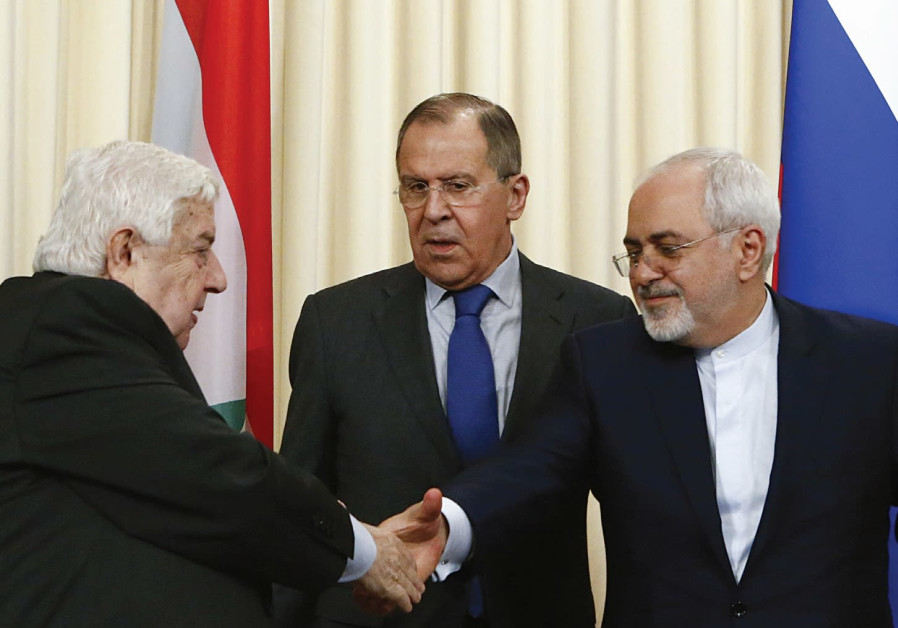INSS Arms Control Director Emily Landau said that clandestine and cyber operations in the Islamic Republic itself were other ways to try to alter Iranian behavior.

An Iran expert told The Jerusalem Post that deterring Iran with military force in Syria should continue, but not to expect open attacks on Iranian soil despite public statements on the issue by Prime Minister Benjamin Netanyahu on Wednesday.
INSS Arms Control Director Emily Landau also told the Post on Thursday that clandestine and cyber operations in the Islamic Republic itself were other ways to try to alter Iranian behavior.
n Iran expert told The Jerusalem Post that deterring Iran with military force in Syria should continue, but not to expect open attacks on Iranian soil despite public statements on the issue by Prime Minister Benjamin Netanyahu on Wednesday.
INSS Arms Control Director Emily Landau also told the Post on Thursday that clandestine and cyber operations in the Islamic Republic itself were other ways to try to alter Iranian behavior.
However, she said, “If you are talking about actual military attacks in Iran, I don’t see that on the horizon. Probably Israel will continue to take action [against Iranian interests] in Syria as it has been doing.”
Despite that conclusion, Landau did note that the prime minister’s statement could reflect concern that, “Iran is moving military power closer to Israel’s border…threatens Israel with destruction and has the advantage of no retaliation [by Israel] in Iran. This creates an equation that is not an equal equation, because attacks only take place in Syria even if Iranian assets are targeted.”
But again, she said she would not attribute to the prime minister’s statement an intent to fundamentally shift that unequal paradigm as much as frustration with it.
Given that hundreds of air strikes have not stopped Iran from continuing to try to build a presence in Syria, could Landau see it making sense for Israel to undertake some tailored attacks on small and unimportant Iranian military targets far from its power centers as a way of messaging to Tehran that the price in Syria could escalate?
She responded, “It would be viewed as a serious escalation… with unpredictable consequences… and I don’t think Israel is in that place… Even though that might be ‘unfair’ as to the equation Iran has created. But it created this unequal unbalanced equation a long time ago through its proxies Hezbollah and Hamas and Israel has been living with it for a long time.”
“To move the warfare to Iran would also create logistical issues,” she added.
In any event, she found it unlikely since even in the 2010-2012 period when there was a debate about if Israel might need to undertake a tailored attack against only Iran’s nuclear facilities to prevent a nuclear threat – which she called a much more serious threat – the government still held its fire.
Landau was also not interested in defining an escalation point by Iran in Syria against Israel which might justify an Israeli retaliation against Iran itself.
However, when repeatedly pressed she said that possibly such a retaliation might make sense if Israel was already in an actual war with Hezbollah and Iran became more directly involved in some way.
As reported by The Jerusalem Post
